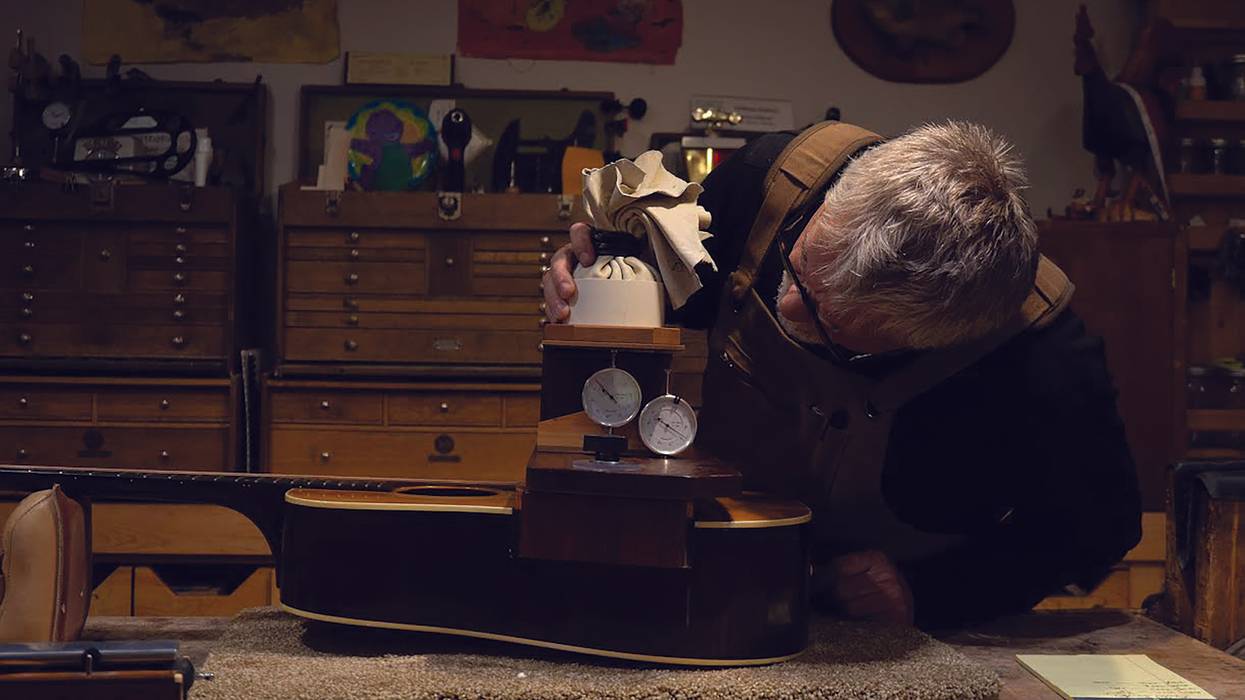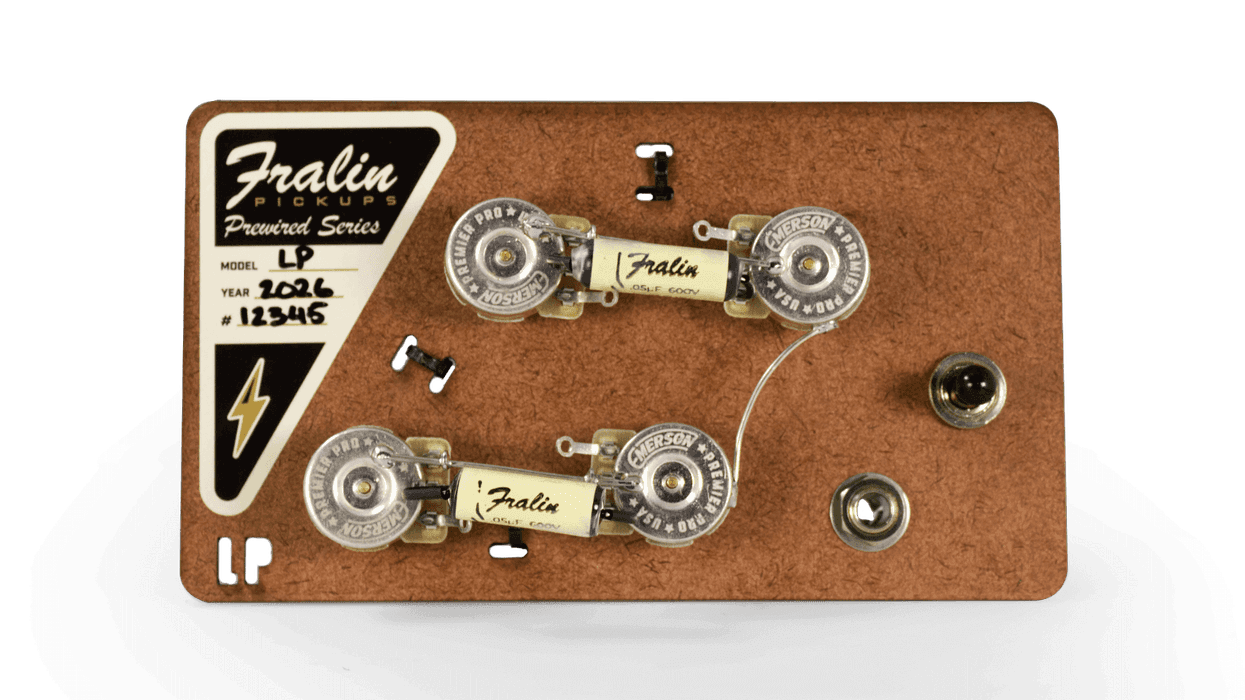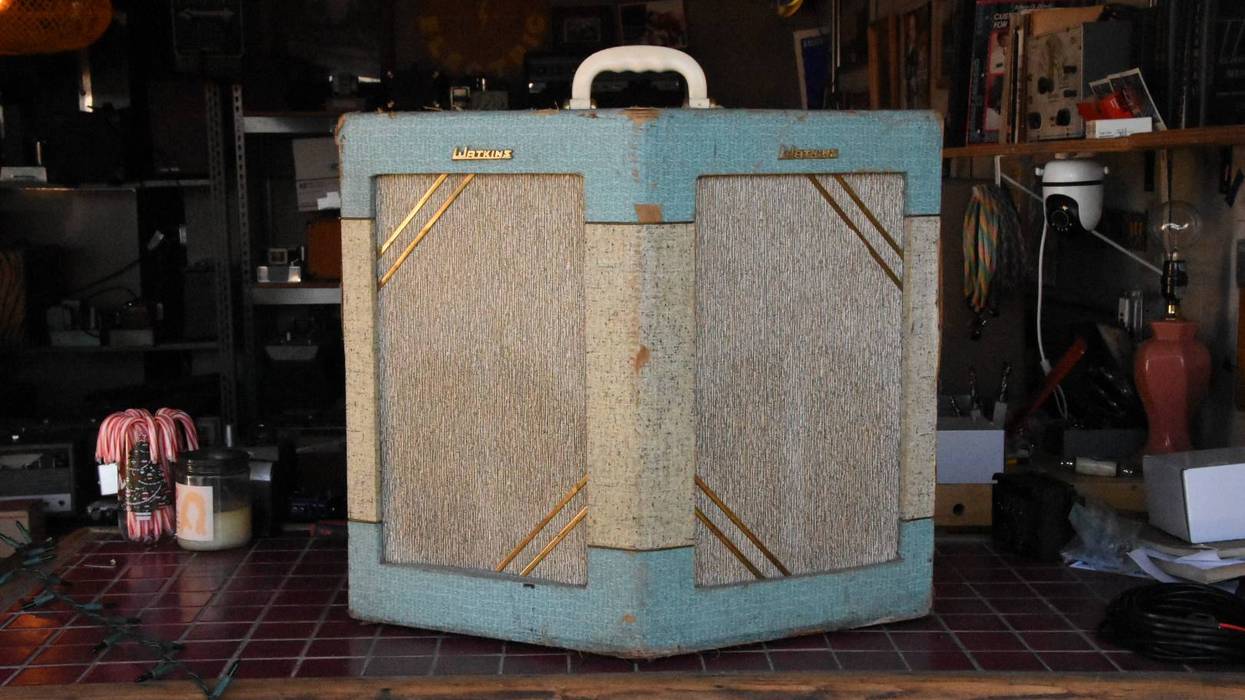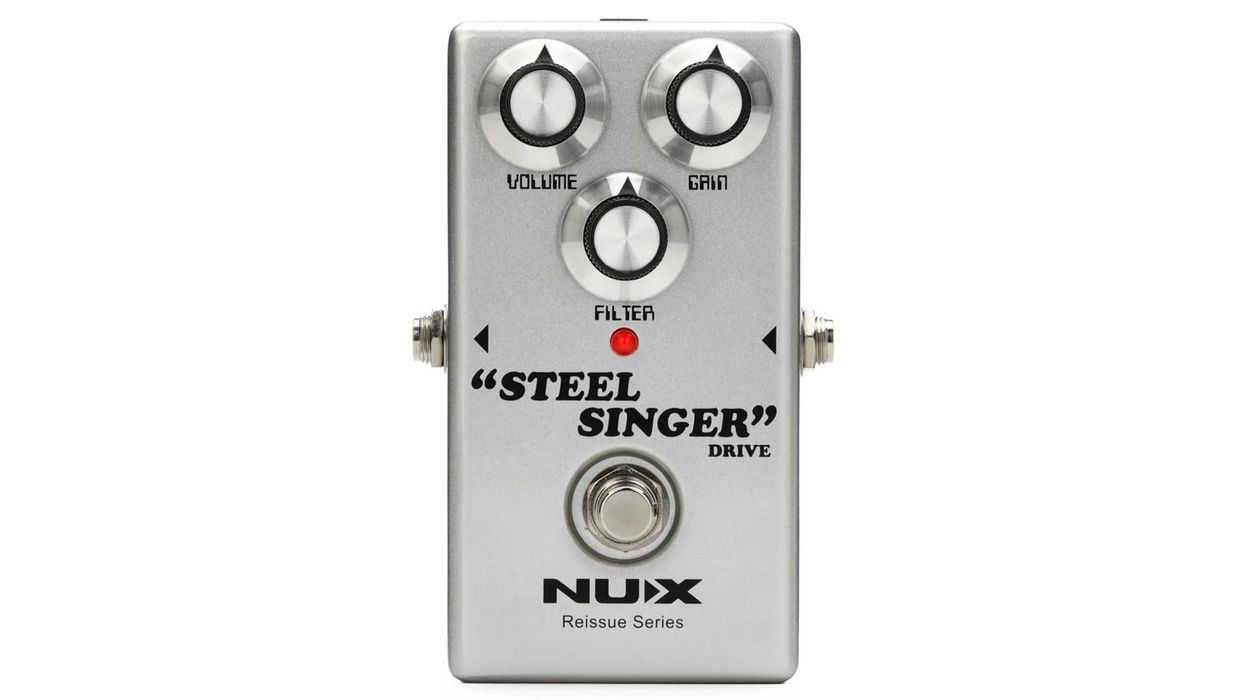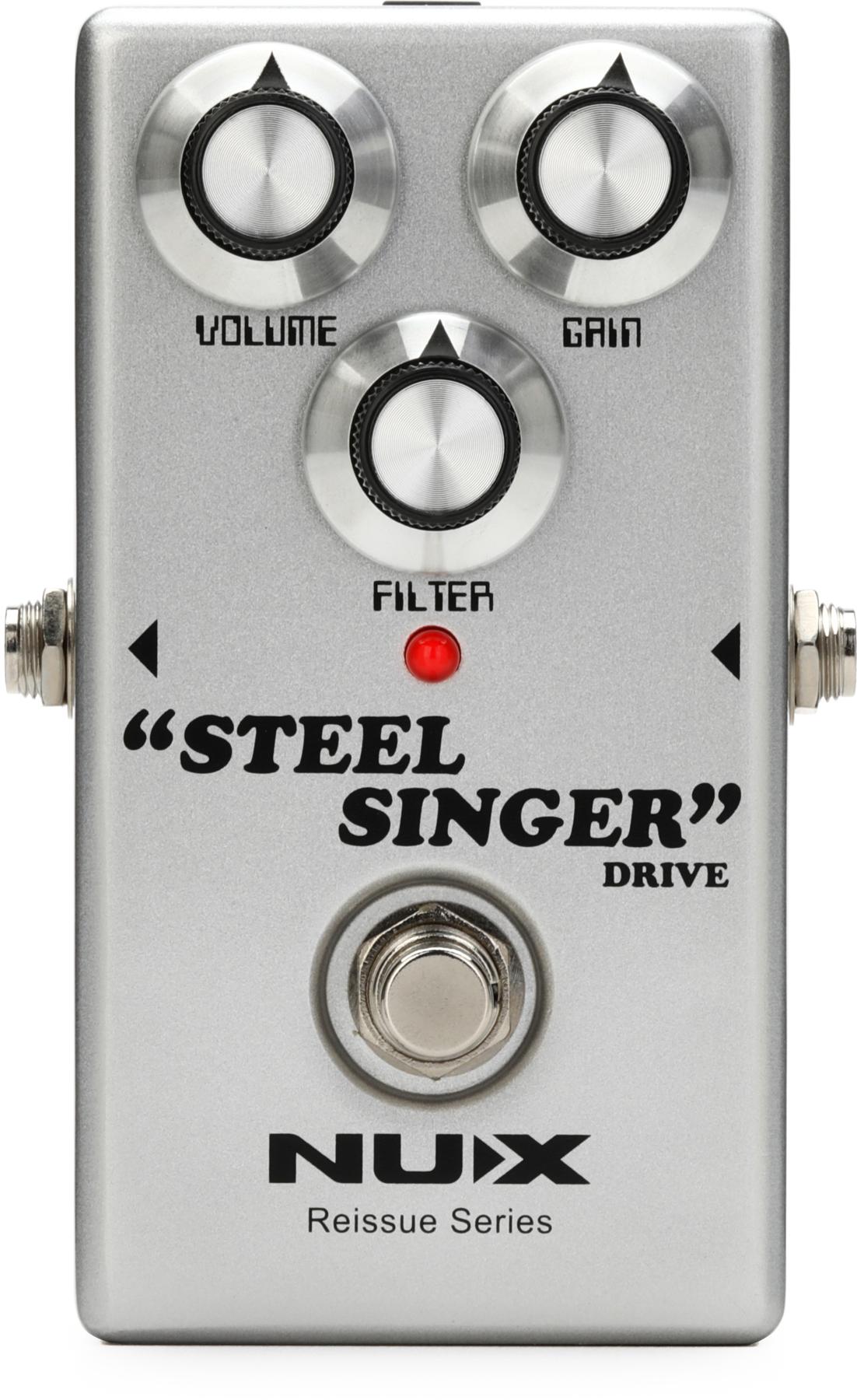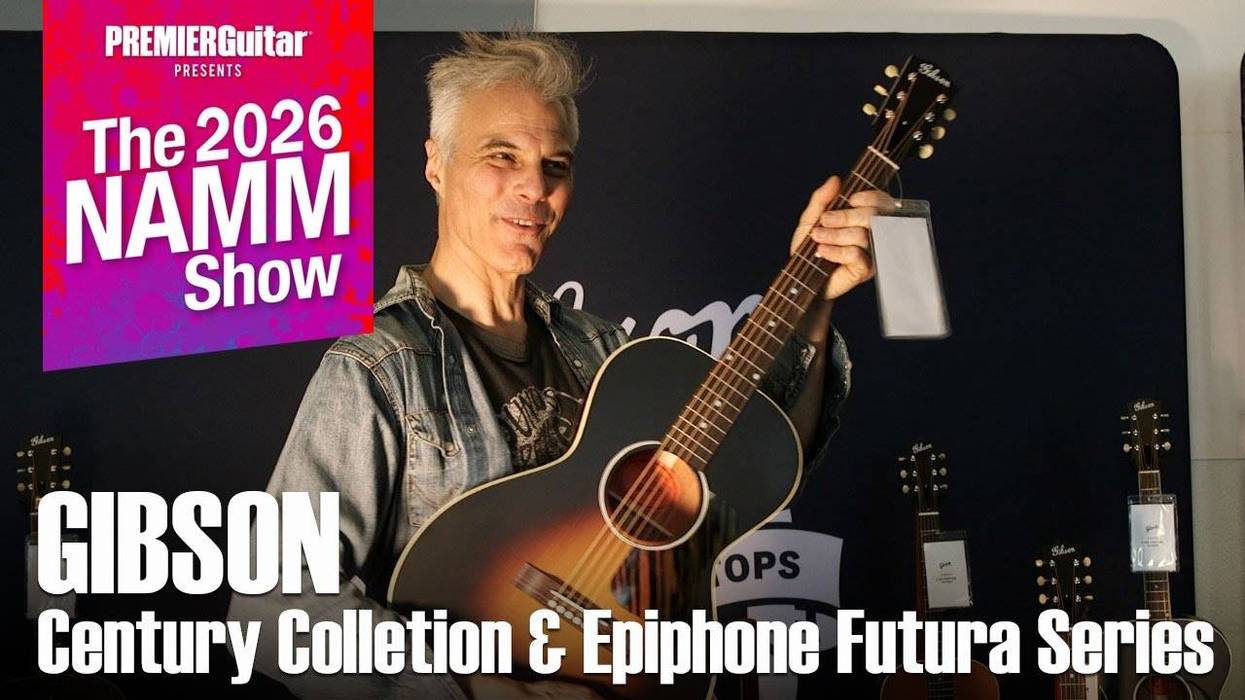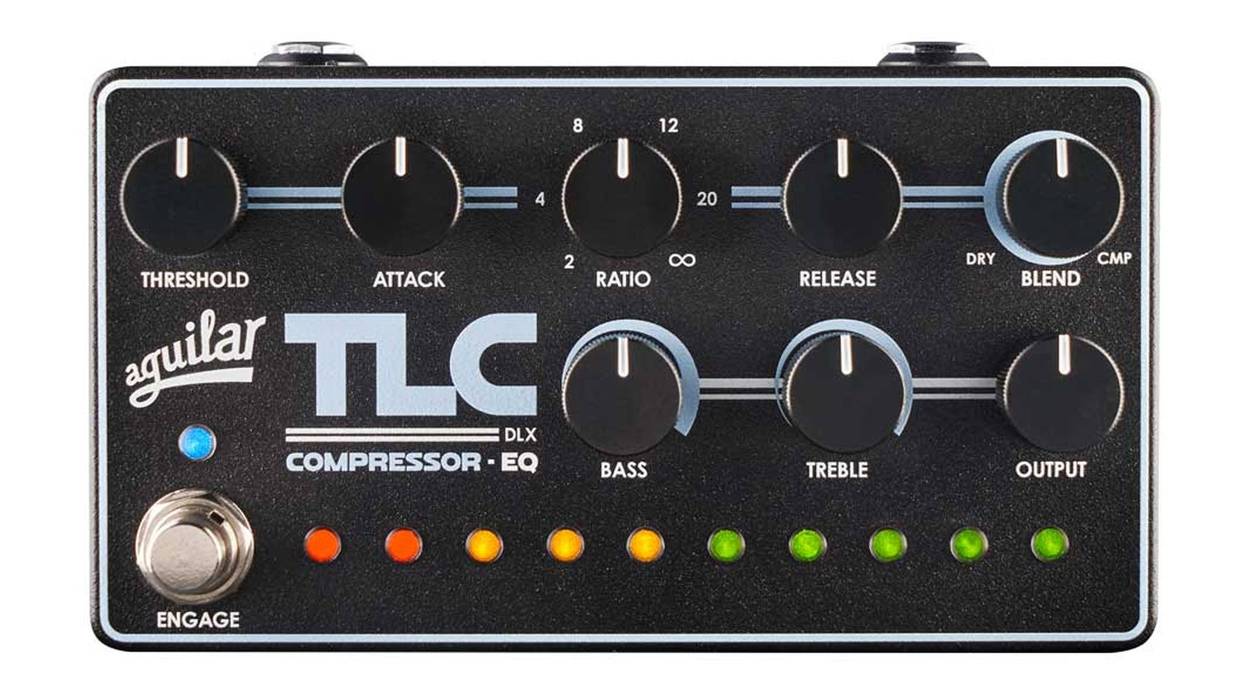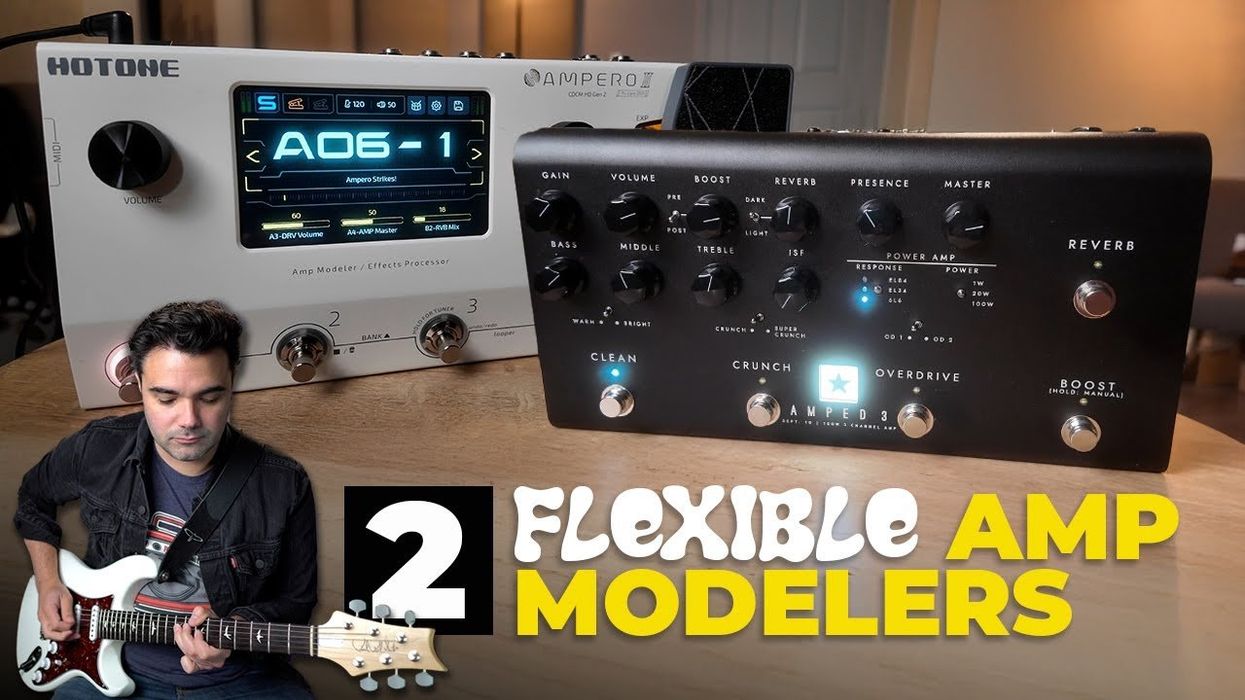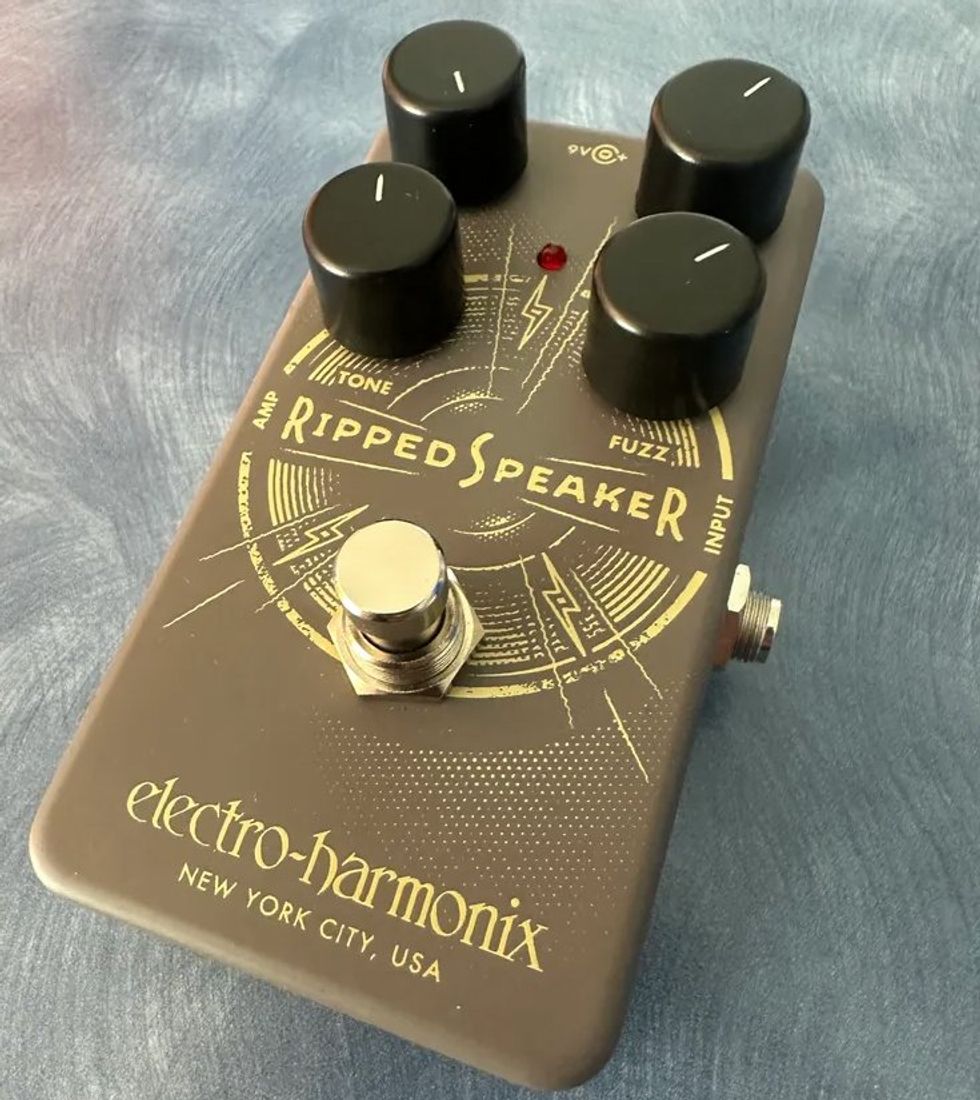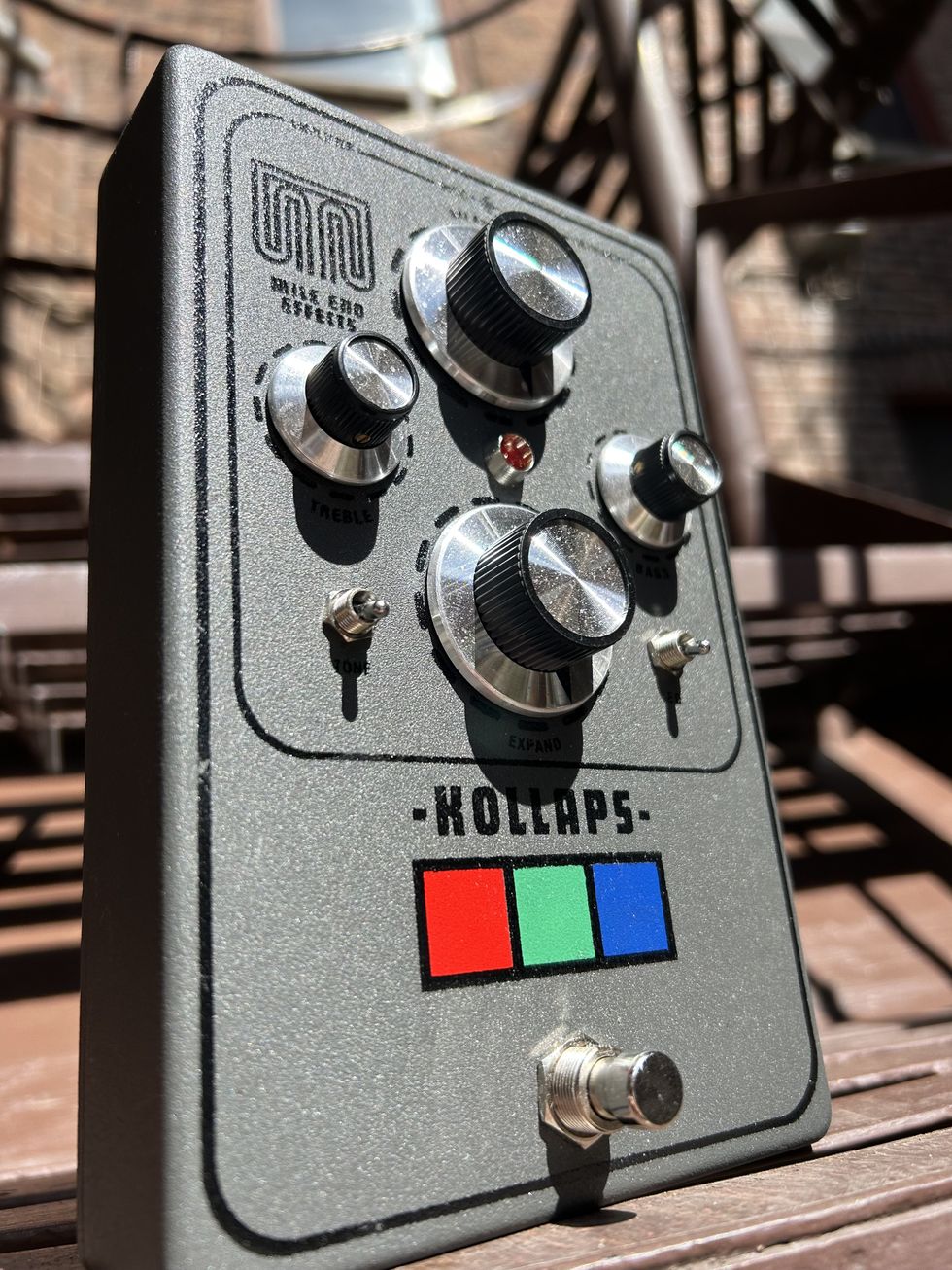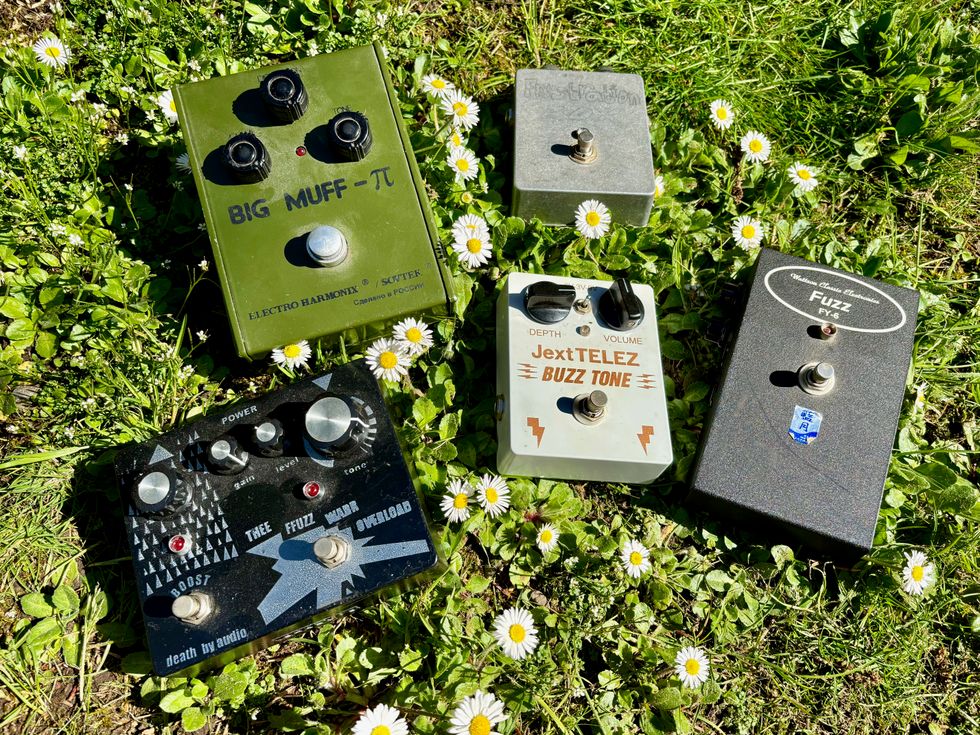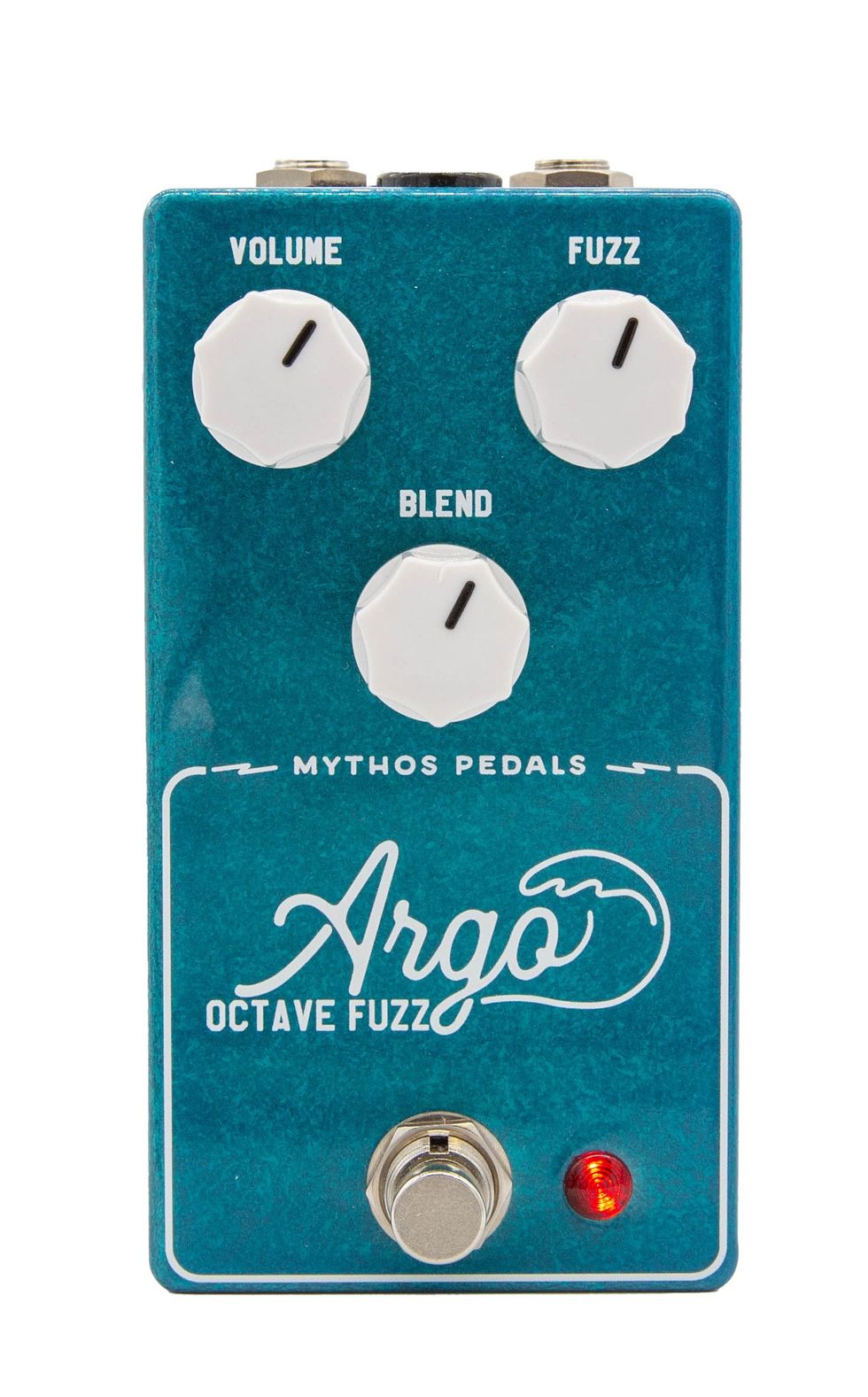Regardless of our current skill levels, we were all noobs once. It’s easy to forget, but, as a father of a couple aspiring musicians and bandmate to a drummer who’s getting into guitars, it’s become more important for me to remember the noob experience.
I wish I had somebody to talk to about guitar when I was starting! My dad was around, but he didn’t really get into my feedback technique or open-tuning experiments. This was pre-internet, folks. But even in the digital age, there’s a lot of bad information out there, and a lot of jerks ready to wreck your experience from afar. So when the questions roll in, take that chance to be a positive force in someone else’s life.
Of course, our knowledge can’t help much with the physical barriers of learning guitar. We can’t build the muscles in someone else’s fingers, or grow callouses to soften the impact of those steel strings, but we can clear some things up and assert some facts. I’ve got three crucial ways you can positively impact noobs.
1. Rig Assembly Time. “Noob rig assembly” seems to be a prime time for trolls to strike and for pompous gear snobs to sneer. Let’s get real, please. You can walk into about any guitar store in the U.S. and walk out with a great guitar for $350. If you take a little time online you can probably do that for $200 or less! Sure, it may be an ugly, period-incorrect finish or need electrical work, but we don’t need to pretend that a $2,000 guitar is going to serve a noob any better than the “budget” model. Noobs can get caught up in wanting the best, but it’s our job to steer them right. Experience has shown that the best isn’t always the most expensive or the flashiest.
The same can be said for effects. A digital multi-pedal is a great way to start, in my opinion. Sure, the digital distortion will sound like garbage, but for a little more money, you can grab an excellent dirt box if you need to. And that’s only if the tone offends the noob.
The devil is in the details, as they say. After the big items are chosen, there’s still a minefield of accessories to navigate. Cables, strings, power supplies, picks, tuners, cases, capos.… yikes! Honestly, these final pieces of the puzzle are so rig-dependent or subjective I think you can only give your honest opinion and experience, and hope it works for the next kid. Just be gentle. Nobody wants to hear a bunch of shouting about how “.009s have no tone.”
2. Vocabulary Lessons. When you’re a noob, you’re thrown into the dumpster-fire-during-a-shitstorm that is music tech language. I’m only going to comment on concrete definitions and functions here, as the language of tone is so subjective.
I’d like to publicly shame Leo Fender for insisting on “tremolo” when “vibrato” would have been clearer and just as expressive. Tremolo has a few possible definitions, from the broad “wavering effect in a musical tone” to “rapid reiteration of a note” or “sounding two notes of different pitches to produce prominent overtones.”
Now, my old pal vibrato really means one thing: “a rapid, slight variation in pitch.” Like, you know, the stuff you do with a whammy bar on a Jazzmaster. I mean, the tremolo arm. Or worst of all, the reverb handle. Okay—that one is mostly a joke, but if you scroll through Craigslist long enough, someday you’ll see the “Fender Squier Strat with 4 Pickups and Reverb Handle.”
You’ll find the same issues with distortion/fuzz/dirt/etc. And don’t get me started on loopers. Bypass loopers, feedback loopers, and then looping loopers. Ugh! Don’t be the dude who jumps all over someone for using fuzz instead of distortion. You can correct wrong info without being a dick.
3. The Mind Will Change. Remember that new players will evolve. It’s a lovely story to imagine some kid being gifted a guitar for his or her 12th birthday and then playing that guitar for 60 years across all seven continents. But we don’t live in storyland. I’ve got a kid who wants to make a plank-shaped bass into a battle-axe bass from Adventure Time. Heckin great idea, dude, but something tells me the homebrew Axebass won’t be the one he plays through retirement.
Try not to get bent out of shape when a noob gets ugly gear, or asks for a chorus pedal for Christmas. People have to make their own way sometimes. If someone trusts us enough to ask our advice, I think it’s our job to be as supportive as possible while leaving taste out of it. You can be pretty sure the noob in question will take a couple sharp turns in his or her musical tenure. Maybe one of those will be more to your liking. The important thing is that you helped a bit on the way!





